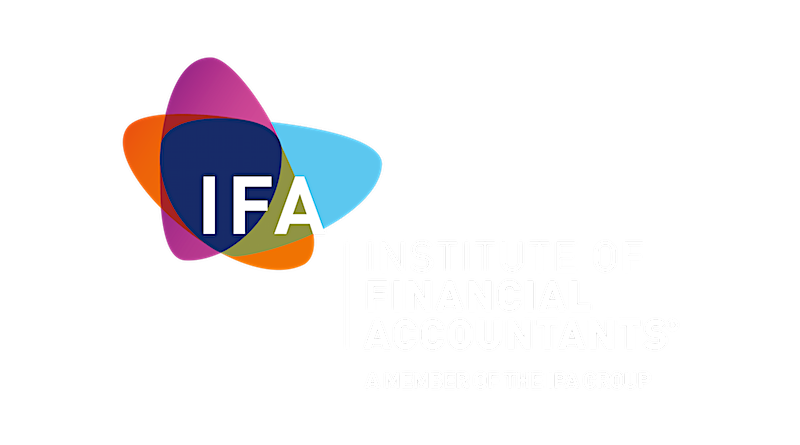Helpsheet
Salary vs. Dividends:
Reduce Tax and Increase your Net Pay
(Pro's and Con's)
Can a business reduce its tax liabilities by paying dividends as opposed to salary? The answer is not always obvious and can only be found after a thorough, expert review of the business.
Which Is Right For You?
This very much depends upon circumstance. The following table outlines some of the initial considerations:
through
PAYE
from H.M.Revenue and Customs
can be paid under the PAYE scheme
the profit chargeable to Corporation Tax
through
Dividends
As Accountants and Tax Advisers, the Accountancy Coop is able to provide a review service that enables businesses to visualise which method would work best in their situation and ultimately the amount of money that could be saved.
The “Salary vs. Dividend Review” includes:
1. A review of the remuneration for each shareholder taking into account any other income they have.2. Identification of the savings available depending upon whether these are received by the shareholders retained by the company or split between them.
3. Guidance on the correct dividend procedures to ensure that they comply with company law, so that the legality of the dividends cannot be challenged by H.M. Revenue and Customs.
4. A review of the effect of the new policy on the company’s Corporation Tax.
5. An analysis of the effect of the new policy on the shareholders' Self-Assessment Tax Returns and their tax payments.
6. A review of other considerations such as properly waiving salaries and the impact upon life assurance policies, pension arrangements etc.
More in this area:
 Back to Helpsheets
Back to Helpsheets


